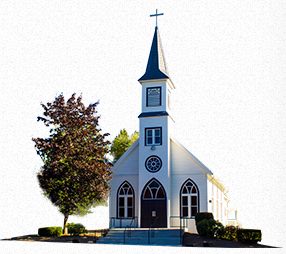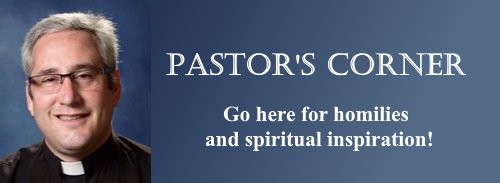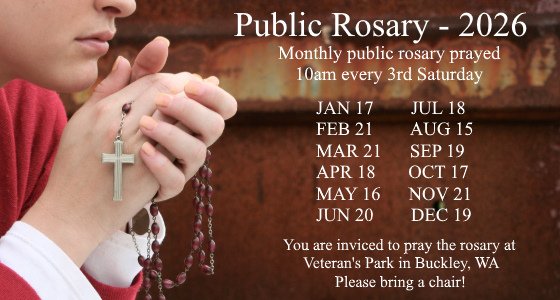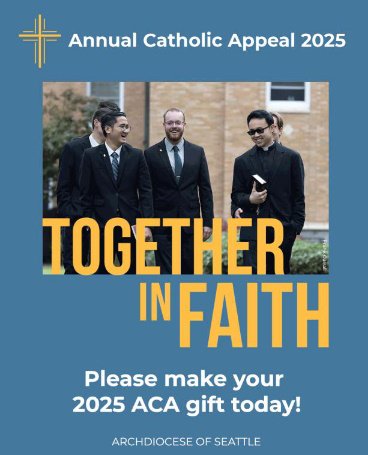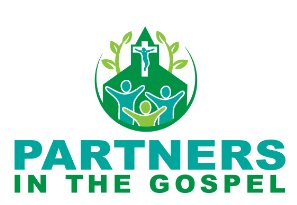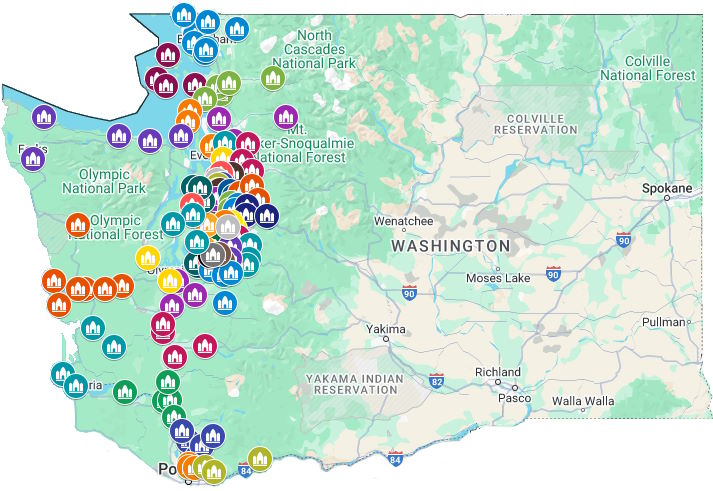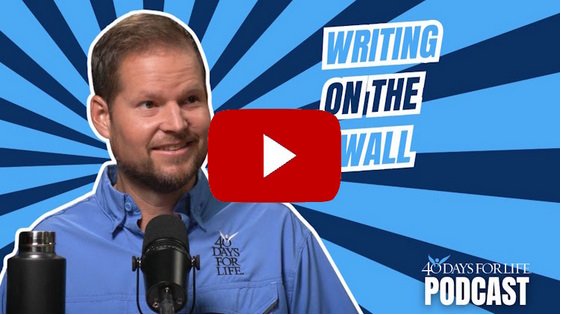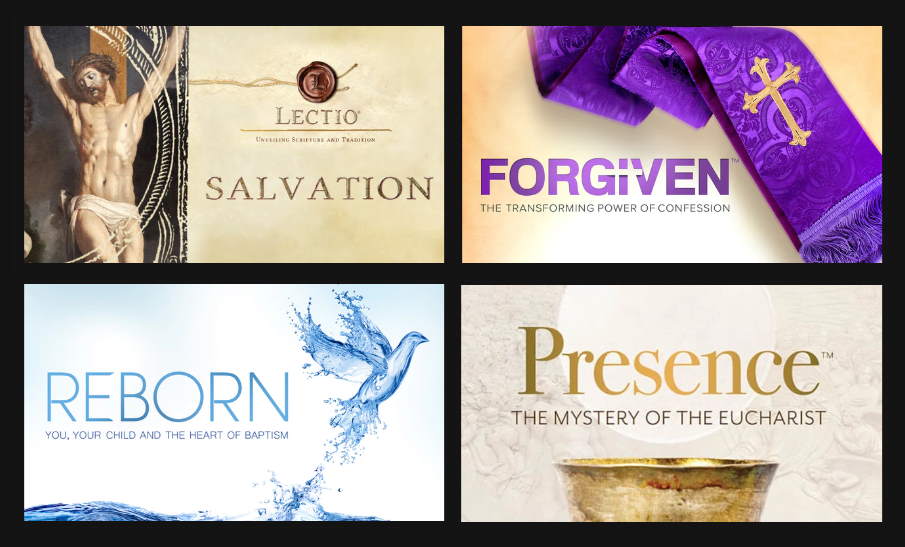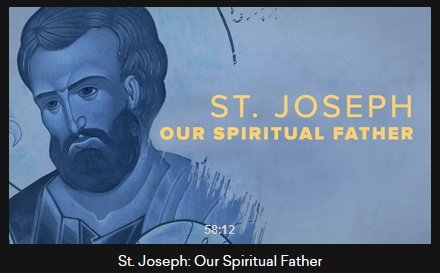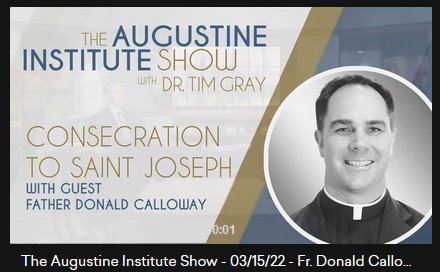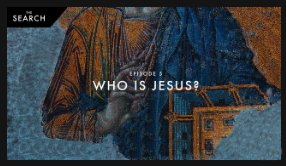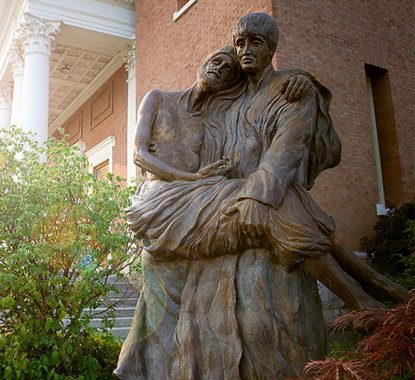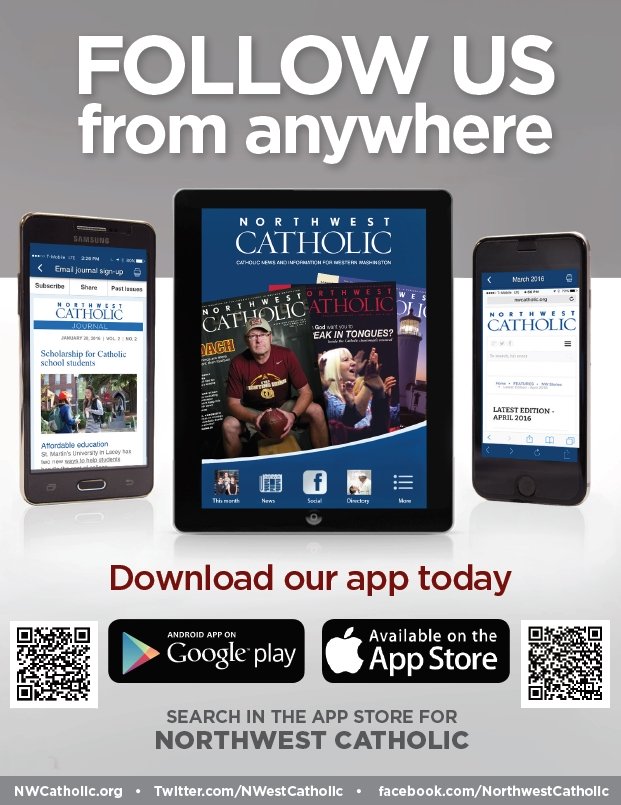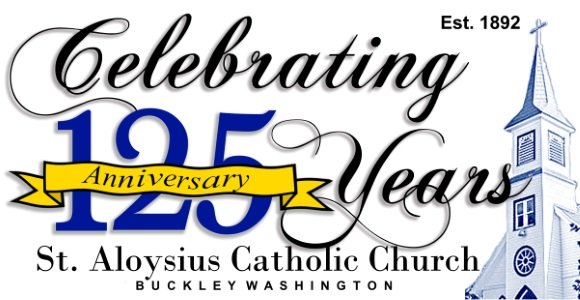Being A Good Shepherd
Homily 04 17 2016
4th Sunday of Easter - C
Homily 04 17 2016
4th Sunday of Easter - C
View the Readings for this day
If we pay attention we can learn a lot about animals and about their humans.
Think of the endearing way domestic beasts recognize their owners. Dogs collapse into a frenzy of delight when you come home, even if you have been gone for fifteen minutes. The new heaven has arrived in their midst, and hysterics are the least they can do. Somewhere there may be a cat like this, but most of them have a different reaction than the heartsick dogs. Having grown up on a farm I remember many of the reactions of farm animals.
Judging from his stories, Jesus paid a lot of attention to animals and to their humans. He watched sheep many times on his trips through the lands and he observed their ways. They were not cat-like or dog-like, or like horses or cattle……but were heartfelt in a different way. The sheep followed as the shepherds made them safe, guarded them, led them to food and drink. Jesus even compared a milling crowd of people to sheep without a shepherd.
In the Jerusalem of Jesus’ day, there was only one sheepfold. Various flocks would arrive, along with their respective shepherds, and all these flocks were funneled into the one sheepfold. This made for a rather large gathering, and there wasn’t any practice of branding or marking in order to tell one from the other. What's more, sheep, unlike dogs, do not make themselves joyous when their shepherd walks up. Smartness was not a noticeable trait in them.
Then how could each shepherd reclaim his own sheep?
Two ways. One, the shepherd already knew them by heart. He might even have a special name for each character in the flock. And two, the sheep themselves recognized the voice of their master. When he called out, they simply got to their feet and came with him, through the sheep-gate.
Jesus refers to this reaction in Sunday’s short Gospel. ‘My sheep hear my voice; I know them, and they [know] me,’ he says. Haven’t you ever craved the voice of someone who would make things right, would lift the burden from your shoulder? Someone who knows you by name and loves you?
Jesus is that someone, he tells you. You shall never perish, he says, and then he steadies you with his hands. The Father has given you to Jesus. Who could revoke that gift?
I have a hunch you do recognize Jesus’ voice when you hear it. Your feelings move when you listen trustingly to a certain Gospel, for instance. Or when you receive the bread of everlasting life and the cup of salvation not as a stranger might, but as a member of a well-fed and greatly cared for flock.
What about trying, Sunday, to notice whether your spirit inclines to Jesus? Maybe you will settle into his lap for comfort. Your soul seeks him always, you know. And finds him.
According to Pope Francis, how do we recognize Jesus’ voice among all the other voices we hear? We can study the whole history of salvation, we can study the whole of Theology, but without the Spirit we cannot understand. It is the Spirit that makes us realize the truth or---in the words of Our Lord---it is the Spirit that makes us know the voice of Jesus.
Pope Francis: Humble Prayer is the Key to Discernment
Vatican Radio, April 28, 2015
Today, the 4th Sunday of Easter is celebrated as the Good Shepherd Sunday. We think of the pastoral love of God, as we also pray for vocations to priesthood on this Word Day of Prayer for Vocations; priests are the pastors of the church. Each year, for the gospel reading, we hear one part of John 10. This year, being Year C, we listen to the third part of that chapter. Today, Jesus says, I know them and they know me; and I give them eternal life.
Today's first reading describes how Paul and Barnabas opted to listen to the voice of Jesus the Good Shepherd and follow him, and how, like their Master, they were rebuffed and rejected when they tried to share the Good News of salvation. It also suggests that the sympathy of the early Christians for the Gentiles caused a rupture with Judaism.
The second reading, taken from the book of Revelation, depicts Jesus as both the glorified Lamb and the Shepherd. John's vision encourages his readers with the assurance that every person who has ever followed Christ and led others to him and who has suffered rejection and persecution will also know the unending joy of victory and have a share in everlasting life. The Gospel text also offers us both comfort and great challenge.
The comforting message is that no one can snatch the sheep out of his Father's hands. The challenge is that pastors and lay people alike should be good shepherds to those entrusted to their care.
It is within the context of family that most vocations are nurtured. The French Jesuit, scientist and philosopher, Teilhard de Chardin, once said, “I come from a family where I became who I am. The great majority of my opinions, of my likes and dislikes, of my values and appreciations, of my judgments, my behavior, my tastes, were molded by the family I came from.”
For this reason parents remain, and always will remain, the first and most important teachers of the faith to their children. In fulfilling this role they should strive to make prayer, daily family prayer, a natural part of life within the home. By so doing, they will most certainly be sowing the seeds of those vocations which in the providence of God will be necessary to minister to the spiritual needs of the next generation.
Such vocations, however, must also be seen in the context of the whole spiritual life, the spiritual values, the spiritual aspirations of the community in which they are nurtured.
Each one here present can truly say, “as God called the Israelites to be his special people, just so has he called me. So what I do, what I am, concerns other people to as great an extent as it does myself.”
Therefore, on this special Weekend, each one should feel in duty bound to ask God’s blessing, so that generous souls may not be wanting in the apostolic work of teaching and preaching to all nations. Christ’s injunction to his disciples was quite explicit, “Pray ye therefore the Lord of the harvest, that he may send laborers to his harvest” (Mt 9:37).
Today as we are asked to pray for Vocations I’m not sure what the future of ministry in the Church will be. I believe there will always be shepherds for the Church but it seems that some of the forms are changing. Let us pray that the Holy Spirit will direct people from among the flock, from among the People of God to religious and priestly vocations.
May the face of God smile upon the Church here in the Northwest, especially in the Seattle Archdiocese, and provide vocations for our future
As we approach the table of our Good Shepherd today for Holy Communion, let us ask him to lead us to springs of living water by giving us an experience of a deeper and closer relationship with him personally, and with all our brothers and sisters gathered with us around the same table, his table.
![Bernhard Plockhorst [Public domain], via Wikimedia Commons Bernhard Plockhorst [Public domain], via Wikimedia Commons](https://www.saint-aloysius-catholic-church.org/images/256px-The_Lord_is_my_Good_Shepherd.jpg)
